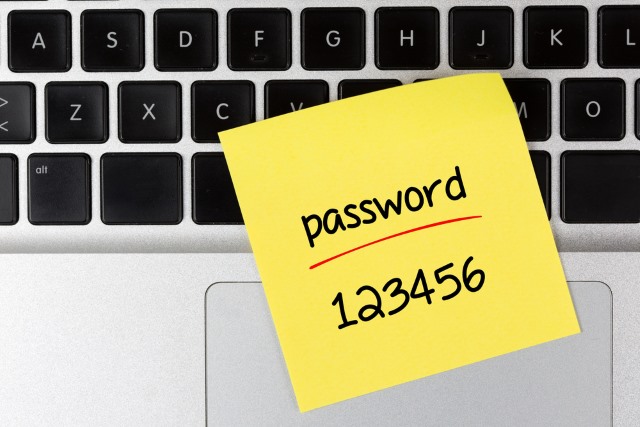Why the password is still here to stay

With everything from your local takeaway to fashion retailers and airlines now requiring an account, it is expected that within five years we will have, on average, over 200 accounts requiring passwords.
Managing passwords has become a nightmare for almost all internet users. In the face of this, people respond differently. Some of us use the same passwords for all our accounts. This is naïve -- each password acts as a gateway to our valuable personal data and using a single password means that one breach results in vulnerability on all fronts.
The second type of internet user takes a slightly more cautious approach, using four or five different password variations. These users are hoping that their approach is sufficiently secure, without wanting to over complicate their busy lives. The final group are aware of internet security issues, use technology to help them generate strong password and keep their data secure.
Whatever your chosen method, the number of accounts that we manage makes life more complicated. Even when using only a few passwords and varying them slightly, it is difficult for our memory to keep up. We do not always remember what password matches our chosen website and suddenly we find ourselves using the tedious "forgotten password" function, and this is bound to increase as we sign up for more services and more online accounts.
Our first response is to instinctively blame the password (an outdated system used practically since the dawn of time) and advocate replacing them all together. The contenders for the successor to the password are numerous. Biometric identification often makes the headlines as it fascinates us and reminds us of science fiction films.
Online giants like Google, Facebook and Twitter are also making efforts to push their identification solutions, but are failing to success. More recently, we have seen Yahoo propose replacing passwords them with temporary codes sent by phone. The desire to "kill the password" is not new: in 2004, Bill Gates announced the death of the password, yet it is still alive and kicking!
There are many nice ideas in theory, but in practice nothing has established itself as the new standard for online security. Given this, we are likely to continue to use good old fashioned passwords for the foreseeable future and they remain the undisputed standard for 99 percent of online sites. Any new innovative contenders will struggle to change that unless they present the same attributes as the password. Unlike biometric fingerprints, passwords can be changed if they are hacked, and they are also anonymous and shareable. While we get irritated that our passwords are impossible to remember, we are not ready to give up their inherent benefits.
One day, perhaps there will be the perfect solution that will simplify the issue of identification online, without losing the many benefits of passwords. In the short term, we must continue to use many passwords and people need to pull their heads out of the sand. At the moment, this realization only really occurs after a user has been hacked and prompts them to think properly about their online welfare and security.
If the human brain cannot memorize everything, then people have to make better use of password managers, tools created for this exact purpose. Too many people remain ignorant, until of course the next hack comes along...
Guillaume Desnoës is head of European Markets, Dashlane.
Published under license from ITProPortal.com, a Net Communities Ltd Publication. All rights reserved.
Photo credit: shutteratakan / Shutterstock